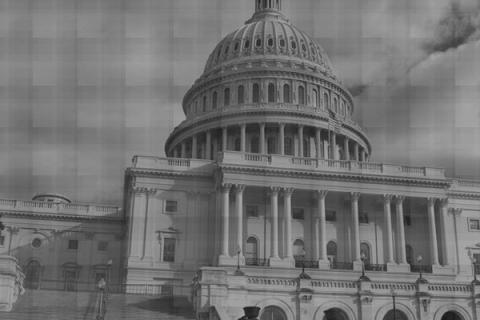Whether it's grandstanding, politics as usual, or sincere interest in their constituents, California's two Senators have jumped into the nuclear safety issue with all four feet, letting the National Regulatory Commission (NRC) know that they will not accept cursory assurances that the San Onofre and Diablo Canyon nuclear power plants are safe.
Both plants straddle fault lines and are perched on the Pacific Ocean. Between the two power generating behemoths, some eight million Californians are served. These plants are within the Pacific "ring of fire", the most active volcanic region on earth. During more economically focused times, this area was better known as part of the Pacific Rim -- better known for its mercantile rather than its tectonic activity.
The horrendous 9.0-magnitude earthquake just off Japan's northeastern shore and the resultant devastating 33-foot tsunami have once again raised concerns about the efficacy of nuclear energy plants in earthquake-prone areas. What this tragedy has pointed out is that even a well-oiled machine such as Japan, Inc. can suffer catastrophic damage to its nuclear-based infrastructure. Unlike the Russian Chernobyl plant, a poorly designed and hastily constructed nuclear facility, the Fukushima complex in Soma was an old, but reliable nuclear plant built to withstand a major quake. But there was inadequate preparation for the size tsunami that the region experienced.
An article on the Sacramento Bee's website suggests that the NRC is likely to be listening to California's two Senators because both play roles that are near and dear to the agency's heart. Boxer chairs the Senate Environment and Public Works Committee, which oversees the NRC, and Feinstein chairs the appropriations subcommittee that oversees the agency's budget.
This situation is one of those rare cases when public posturing and good governance are almost indistinguishable from each other. Senators Boxer and Feinstein are using the power of their offices to help ensure the safety of their constituents and to protect the state's power infrastructure. The fact that they look good politically by doing so is a positive side effect of doing the right thing, and we should all applaud our Senators for their leadership.
But the next step for our state's nuclear industry is a tough call. As standards are raised and nuclear plants become more expensive to build, power generators will be forced back to fossil fuel solutions until solar, wind and geo-thermal power become both cost-effective and widely available. Most of the discussion so far has focused on natural gas as a cheaper alternative to nuclear. But plentiful natural gas has its costs as well, as the Academy Award nominated documentary "Gasland" revealed last year. The film claimed that the "fracking" process used to release natural gas from underground rock has ruined ground water supplies in large areas of the nation.
Controversies such as fracking and the safety of nuclear power plants mean power generation will continue to raise NIMBY (Not In My Back Yard) issues despite the ever-growing need for energy. Let's hope the tragedy of Fukushima inspires a new age of safer energy for California and the world.

